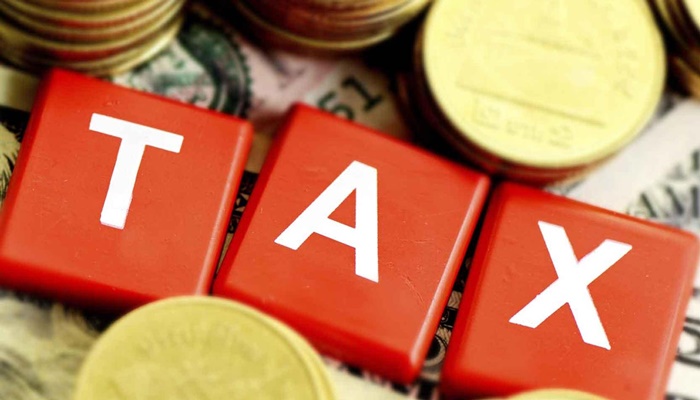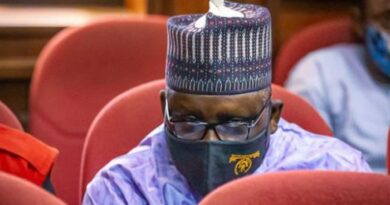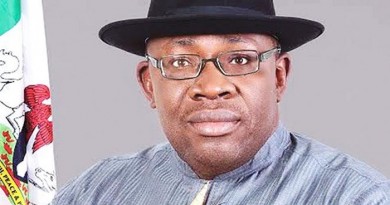Experts urge FG to address multiplicity of taxes
Tax experts on Thursday frowned at multiplicity in the taxation system of Nigeria, describing it as a disincentive to both local and foreign investments.
They spoke at the 2020 annual symposium of Issuers & Investors Alternative Dispute Resolution Initiative (IIADRI) in Lagos with the theme, “Nigerian Tax Laws: Matters Arising.”
The experts called on the Federal Government to address multiplicity of taxes inherent in the country to boost local and foreign investments.
Mrs Atinuke Agboluaje, of International Tax Regualtory Services, Deloitte Nigeria, said inappropriate taxation of tax payers deterred local and foreign investments.
Agboluaje noted that there were about 55 taxes and levies being collected in the country by federal, state and local governments.
She said that multiplicity of taxes created uncertainties among investors, thereby affecting investment.
“This is what investors don’t like, they can take risk but cannot withstand uncertainties.
“It makes them to be wary of coming into Nigeria, and this is not good for our economy,” Agboluaje said.
This, according to her, is not in tune with the ease of doing business and should be addressed.
Agboluaje said that multiplicity in taxation created room for unauthorised persons to get involved in the collection of taxes and levies.
She called on government to streamline the tax collection process to be more conducive and amicable.
Agboluaje also called for frequent review of the tax laws, noting that 2019 Finance Act was in the right direction.
She spoke on the “Effects of Multiple Taxation and Coercive Enforcement Procedures on Companies: The way forward.”
Mr Ademola Idowu, Manager, Tax, Regulatory & People Services, KPMG Nigeria, on his part, said tax polices must align with global best practices.
Idowu said that government should pursue proper tax policies that would propel businesses and boost ease of doing business.
He said that businesses and individuals would be willing to pay taxes with provision of good infrastructure.
Idowu spoke on the topic: “Tax as an Instrument of Corporate Growth and Economic Prosperity of a Nation.”
In her goodwill message, Ms Mary Uduk, acting Director-General, Securities and Exchange Commisison (SEC), said the changes in 2019 Finance Act were targeted at promoting fiscal equity.
Uduk said the Act had reformed domestic tax laws to align with global best practices by introducing tax incentives for investments in infrastructure and capital markets.
She added that it supported micro, small and medium-sized businesses as well as raising of revenues for the government.
Uduk, represented by Mrs Hafsat Rufai, Deputy Director SEC, Lagos Zonal Office, said that the commission was working on guidelines to strengthen corporate governance of public companies.
She said that SEC would remain committed to creating an environment that enabled efficient investor protection.
Earlier, in his welcome address, Mr Moses Igbrude, Chairman IIADRI, said the clinic was aimed at annually providing the needed platform where all stakeholders within the Nigerian investment space met to express views.
Igbrude stated that the ultimate goal of the institution was to engender strong companies that would continually render returns on investments to all stakeholders to enhance growth and development.
He said the theme of the symposium was selected to address the numerous complaints raised by corporate organisations on the administration of taxes in Nigeria.
Igbrude said that a cooperative approach in tax administration in Nigeria would promote ease of doing business and enhance robust economic growth and development. (NAN)




